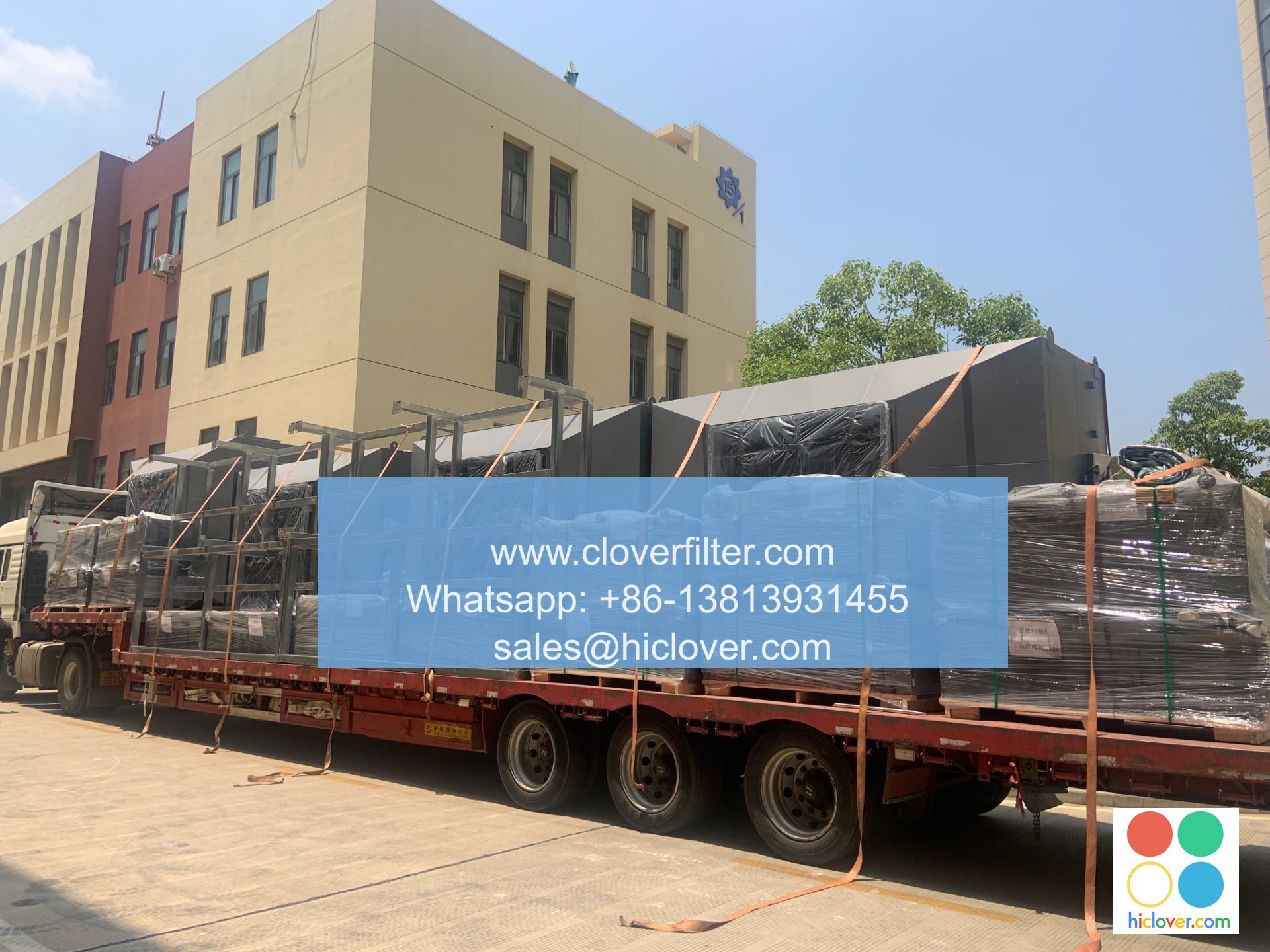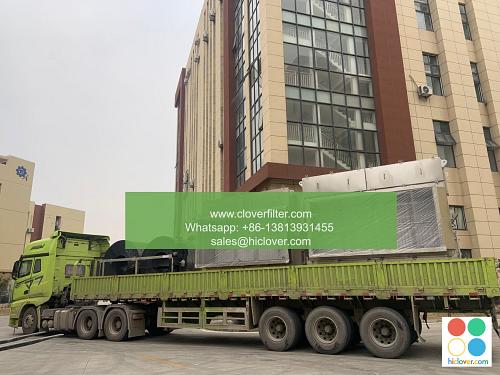Calgary Food Processing Plant Design: Incorporating Automatic Roll Air Filters

Calgary, known for its thriving food industry, requires food processing plants that adhere to the highest standards of hygiene, efficiency, and safety. When designing such facilities, it’s crucial to incorporate innovative solutions that enhance air quality, reduce contaminant risks, and optimize production processes. One such solution is the integration of automatic roll air filters, which play a pivotal role in maintaining a clean and healthy environment within the plant.
The food processing industry in Calgary is diverse, ranging from meat and dairy products to baked goods and beverages. Each sector has its unique challenges and requirements, especially when it comes to air quality management. Airborne contaminants such as dust, pollen, and particulate matter can compromise product quality, affect equipment performance, and pose health risks to employees and consumers alike. Traditional air filtration systems often require manual intervention for maintenance and filter replacement, which can be time-consuming and may lead to downtime in production.
Automatic roll air filters offer a more streamlined and efficient approach to air purification. These systems utilize a continuous roll of filter media that automatically advances to a new, clean section as the existing one becomes saturated with contaminants. This mechanism ensures that the air filtration process remains uninterrupted, providing a consistent level of air quality throughout the facility. The automated nature of these filters reduces the need for manual maintenance, thereby minimizing the risk of human error and decreasing the operational costs associated with labor and filter replacements.
In the context of Calgary’s food processing plants, the benefits of automatic roll air filters are multifaceted. Firstly, they contribute to a significant reduction in airborne contaminants, which is essential for preventing product spoilage and ensuring compliance with stringent food safety regulations. Secondly, by maintaining high air quality, these filters help in preserving the operational efficiency of sensitive equipment, thereby prolonging their lifespan and reducing maintenance costs. Lastly, the enhanced working conditions resulting from improved air quality contribute to the well-being and productivity of plant employees, which is a critical factor in overall business performance.
The design of a food processing plant in Calgary that incorporates automatic roll air filters must consider several key factors. The plant’s layout should facilitate easy access to the filtration systems for any necessary maintenance, while also ensuring that the filters are positioned to maximize their effectiveness in capturing airborne contaminants. The selection of the filter media itself is also crucial, as it must be suitable for the specific types of contaminants present in the plant and compliant with relevant food industry standards.
Furthermore, the integration of automatic roll air filters should be part of a broader strategy for air quality management within the plant. This strategy might include the implementation of additional air purification technologies, such as UV light disinfection systems, and the adherence to rigorous cleaning and sanitation protocols. By adopting a comprehensive approach to air quality, food processing plants in Calgary can mitigate risks, optimize production, and contribute to the city’s reputation for producing high-quality, safe food products.
In conclusion, the design of food processing plants in Calgary that incorporate automatic roll air filters represents a significant step forward in enhancing air quality, reducing contaminants, and promoting a safe and efficient production environment. As the food industry continues to evolve, the integration of innovative technologies like automatic roll air filters will remain vital for meeting the increasingly stringent demands of consumers, regulators, and the industry itself.
FAQs
- What are the primary benefits of using automatic roll air filters in food processing plants? The primary benefits include uninterrupted air filtration, reduced manual maintenance, and enhanced air quality, which contribute to product safety, equipment longevity, and employee well-being.
- How do automatic roll air filters contribute to food safety in processing plants? By continuously removing airborne contaminants, these filters help prevent product spoilage and minimize the risk of contamination, thereby ensuring compliance with food safety regulations.
- What factors should be considered when designing a food processing plant that incorporates automatic roll air filters? Key considerations include the plant layout, access to filtration systems, selection of appropriate filter media, and integration with other air quality management strategies.
- Can automatic roll air filters be used in conjunction with other air purification technologies? Yes, these filters can be part of a comprehensive air quality management strategy that includes additional technologies such as UV light disinfection systems, to provide optimal air purification and safety.
- How often do automatic roll air filters need to be maintained or replaced? The maintenance and replacement frequency of automatic roll air filters depend on the specific model, usage, and environmental conditions. Manufacturer guidelines should be followed for optimal performance and longevity.

